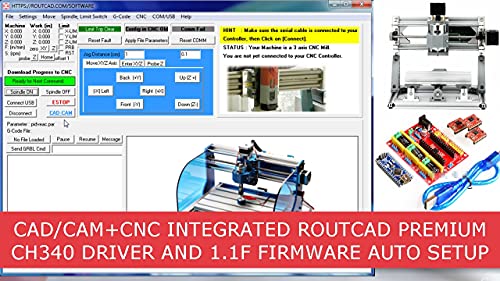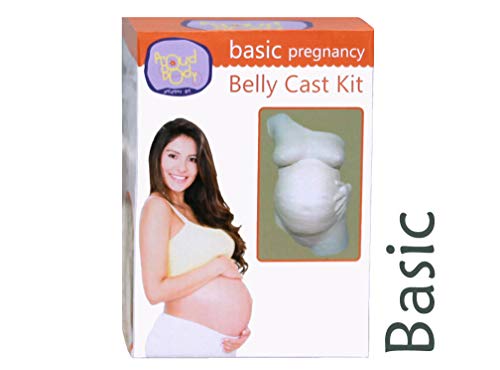69ZNut
New Member
- Joined
- Nov 6, 2013
- Messages
- 1
- Reaction score
- 0
My made in china lathe started leaking oil like a sieve. On the back of headstock I noticed the shaft that drives the back gear could move easily with just one finger and oil oozed out.
Drained the oil and found the sump had 1/2” of casting sand and cosmoline sludge in the bottom. All the gears were stained cosmoline brown.
I removed the Tri-Gear-Shaft then the bushing and discovered the 15mm shaft bushing was taper machined to 15.1mm and they force fit a 14mm oil seal onto the 15mm shaft that cut deeply into it.
The machine has about 200 run hours on it. I bought new taper bearings for the spindle.
I am writing because I have no idea what these Chinese bushing are made of???
They all need replaced. They have a polished Aluminum or bright steel in appearance with no porosity like one would see in sintered bronze.
All the headstock bushings are very magnetic but do not retain any residual magnetism once the magnet is removed.
I helped a friend replace the rear axle bushings on his Craftsman lawn tractor 2 years ago. When extracted the old bushing fell on the concrete and it rolled rapidly toward my magnetic parts tray and stuck to it. It too has the same silvery appearance?
China discontinued this machine. Grizzly makes a similar 3in1 but ordering parts hoping they would fit gets expensive. I’d rather fix it myself the American way then send another dollar across the mud puddle to them.
I already redesigned the bushings, seal placement and Tri-Gear-Shaft design in CAD. Now I just need to know what this metal is.
What could this bushing material be made of?
Also is 4140 hot or cold rolled good for a new shaft to made from?

Drained the oil and found the sump had 1/2” of casting sand and cosmoline sludge in the bottom. All the gears were stained cosmoline brown.
I removed the Tri-Gear-Shaft then the bushing and discovered the 15mm shaft bushing was taper machined to 15.1mm and they force fit a 14mm oil seal onto the 15mm shaft that cut deeply into it.
The machine has about 200 run hours on it. I bought new taper bearings for the spindle.
I am writing because I have no idea what these Chinese bushing are made of???
They all need replaced. They have a polished Aluminum or bright steel in appearance with no porosity like one would see in sintered bronze.
All the headstock bushings are very magnetic but do not retain any residual magnetism once the magnet is removed.
I helped a friend replace the rear axle bushings on his Craftsman lawn tractor 2 years ago. When extracted the old bushing fell on the concrete and it rolled rapidly toward my magnetic parts tray and stuck to it. It too has the same silvery appearance?
China discontinued this machine. Grizzly makes a similar 3in1 but ordering parts hoping they would fit gets expensive. I’d rather fix it myself the American way then send another dollar across the mud puddle to them.
I already redesigned the bushings, seal placement and Tri-Gear-Shaft design in CAD. Now I just need to know what this metal is.
What could this bushing material be made of?
Also is 4140 hot or cold rolled good for a new shaft to made from?



























































![DreamPlan Home Design and Landscaping Software Free for Windows [PC Download]](https://m.media-amazon.com/images/I/51kvZH2dVLL._SL500_.jpg)








